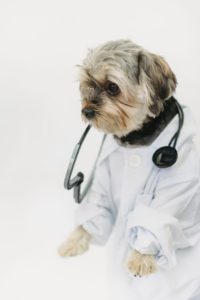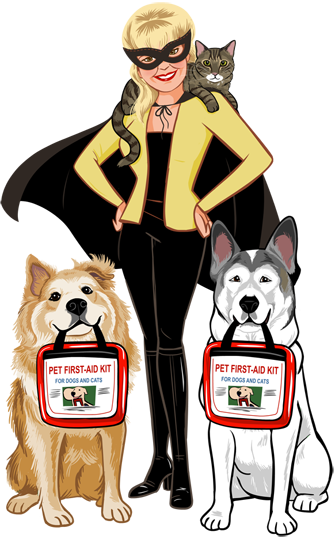
Many would agree that our furry friends are more than just pets – they’re a part of our family; and as such, it’s essential to ensure that they stay healthy and happy throughout their lives. Interestingly, taking your dog for a health MOT (Medicine on Time) is often overlooked by their owners but it can’t be stressed enough just how crucial it is for their well-being. A regular check-up can help detect any underlying health problems before they become severe. This is important because by the time you notice any symptoms, it could be too late. In other words, prevention is better than cure.
The importance of a dog health MOT
According to a study by the PDSA, around 35% of dogs are overweight, which can lead to various health issues such as heart disease, joint problems, and diabetes. What’s interesting is that some pet owners may not even be aware that their dog is overweight. Making sure your furry friend gets regular health check-ups can be a great way to keep tabs on their weight and make a plan to manage it if needed. Plus, getting a health MOT can help catch any sneaky health issues like cancer before they become serious and potentially life-threatening – the sooner these issues are caught, the better chance your pup has for a full recovery and a happy and healthy life.
What does a health MOT include?
When you take your dog for a Health MOT, the vet will do a few different things; you may be asked some questions about your dog’s general health and behavior – for example, whether they’ve been eating and drinking as usual, if they’ve had any unusual symptoms or behaviors lately and if they’re up to date on their vaccinations and parasite prevention. Then the vet will also perform a physical exam of your dog, checking their eyes, ears, nose, mouth and teeth to make sure everything looks healthy. Next they’ll check your dog’s heart and lungs and examine their abdomen and limbs to make sure there are no signs of pain or swelling. If your canine is older, the vet may also recommend additional tests or procedures – these may include a check for heartworm or other diseases.
Does excessive paw licking mean irritation?
It’s not uncommon for dogs to lick their paws occasionally; however if you notice that your dog is licking its paws more than they should it could be a sign of an underlying health problem. What you may not know is that excessive paw licking can be caused by allergies, skin irritations and even stress – this is why it is essential to take your dog for a health MOT to determine the cause of this type of behavior.
So as you can see, scheduling a health check-up regularly is more important than you might have thought; by doing so, you can catch any potential health issues early on and ensure that your pet receives the care they need to live a healthy life.








